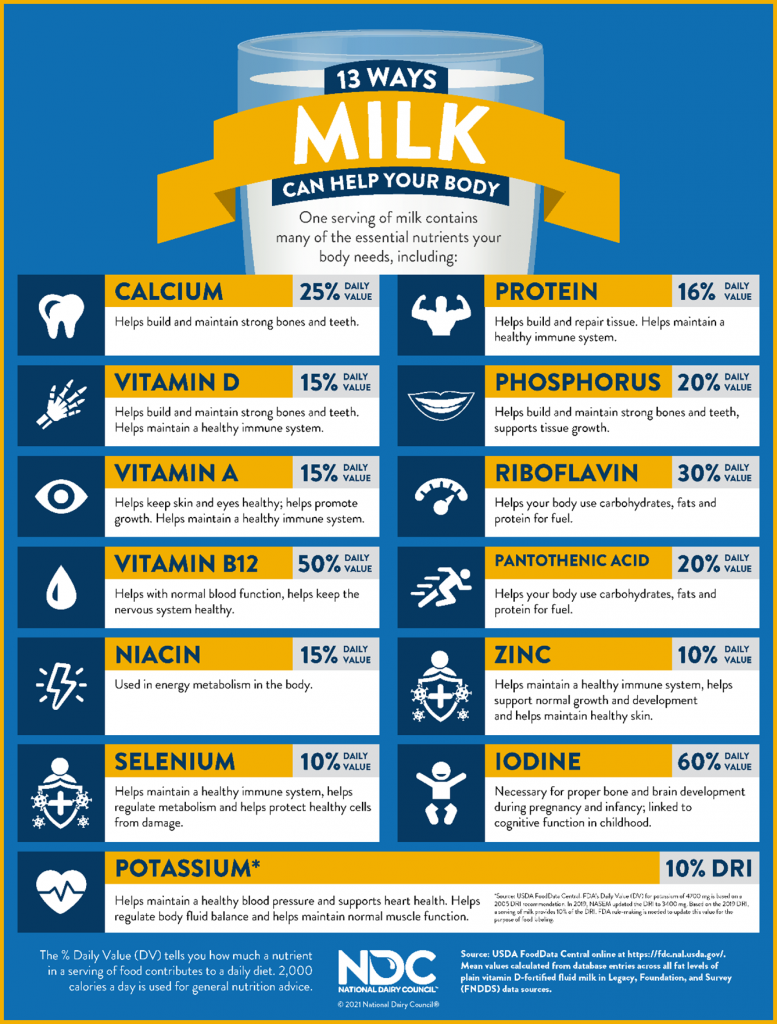Representatives Peter Welch (D-VT) and Mike Simpson (R-ID) and Senators Tammy Baldwin (D-WI) and James Risch (R-ID) on April 22 reintroduced the bipartisan DAIRY PRIDE Act. The bill would bring clear, accurate labeling information for consumers and end harmful mislabeling of dairy foods by peddlers of plant-based products by requiring the U.S. Food and Drug Administration (FDA) to enforce its own existing standards of identity on imitation dairy products after decades of inaction.
NMPF President and CEO Jim Mulhern thanked Welch and Simpson and Baldwin and Risch for reintroducing the measure and their ongoing leadership working to ensure FDA does its job. NMPF has been working for decades for FDA to enforce dairy standards of identity, as plant-based imitators have a long history of flouting these labeling laws to piggyback on dairy’s good name and reputation and benefiting from the “halo of health” associated with nutritious, healthy dairy products.
“FDA is responsible for the integrity and safety of our nation’s food, medicine, and medical devices, and it’s crucial that it enforce its own standards and requirements,” Mulhern said. “Without enforcement, we are left open to the potential for questionable products, deceptive practices, and, in cases such as mislabeled plant-based products that masquerade as having nutritional benefits similar to dairy’s, negative effects to our health.”
Medical groups including the American Academy of Pediatrics are voicing concerns over the harm lack of enforcement is having on public health as misinformed consumers unintentionally choose less nutritious products for themselves and their families.
Congress has also shown a growing concern for FDA’s failure to enforce. The House held a hearing in January 2020 on the agency’s lack of enforcement, during which NMPF Executive Vice President Tom Balmer testified on the need to enforce dairy standards of identity. In December 2020 Congress included in the report accompanying the FDA funding bill for FY 2021 a statement of concern and directive to FDA regarding enforcing standards of identity for dairy products.
NMPF will continue working on FDA enforcement, building on this progress made in 2020, with Mulhern seeing the reintroduction of the DAIRY PRIDE Act as “helping NMPF and consumers continue to move forward toward solving this critical public health and fairness issue.”






